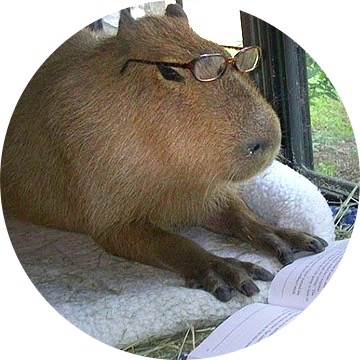Welcome to First-Year Composition!
In this course we will be exploring the different facets of writing. We will consider why we write, who we write for, what makes a successful piece of writing, and how you can take this writing with you beyond the classroom.
First-Year Composition Mission Statement
First-year composition courses at CCNY teach writing as a recursive and frequently collaborative process of invention, drafting, and revising. Writing is both personal and social, and students should learn how to write for different purposes and audiences. Since writing is a process of making meaning and communicating, FYC teachers respond mainly to the content of students’ writing as well as to recurring surface errors. Students should expect frequent written and oral responses on the content of their writing from their teachers and peers. Classes rely heavily on a workshop format. Instruction emphasizes the connection between writing, reading, and critical thinking; students should give thoughtful, reasoned responses to the readings. Both reading and writing are the subjects of class discussions and workshops, and students are expected to be active participants in the classroom community. Learning from each other will be a large part of the classroom experience.
Course Learning Outcomes
- Explore and analyze, in writing and reading, a variety of genres and rhetorical situations.
- Develop strategies for reading, drafting, collaborating, revising, and editing.
- Recognize and practice key rhetorical terms and strategies when engaged in writing situations.
- Engage in the collaborative and social aspects of writing processes.
- Understand and use print and digital technologies to address a range of audiences.
- Locate research sources (including academic journal articles, magazine and newspaper articles) in the library’s databases or archives and on the Internet and evaluate them for credibility, accuracy, timeliness, and bias.
- Compose texts that integrate your stance with appropriate sources using strategies such as summary, critical analysis, interpretation, synthesis, and argumentation.
- Practice systematic application of citation conventions.
Required Text
This is a Zero Textbook Cost course. There are links to reading assignments that live online, and I have uploaded assigned articles in portable document format (.pdf).
Who am I?
I am Sam Bellamy! I’m an MFA Fiction candidate at City College, and a Brooklyn native. I received my Bachelor’s degree in English and Comparative Literature with a minor in Spanish from Occidental College in Los Angeles, California.



